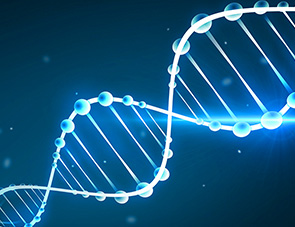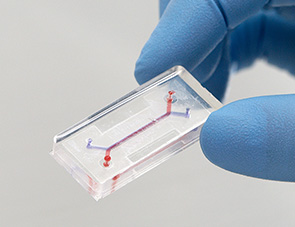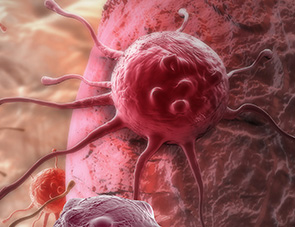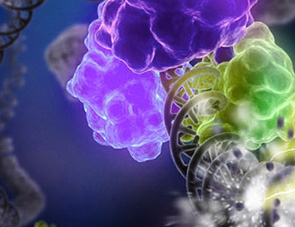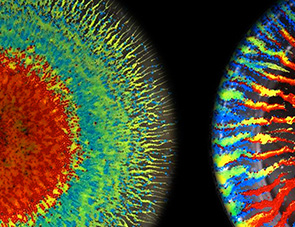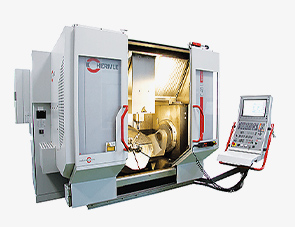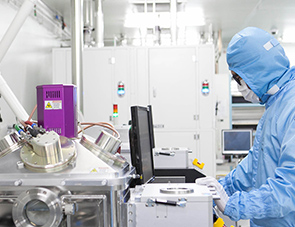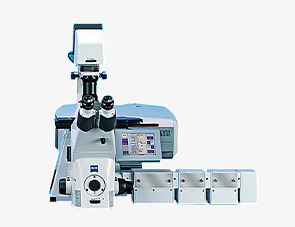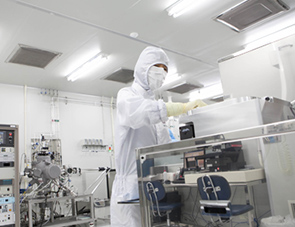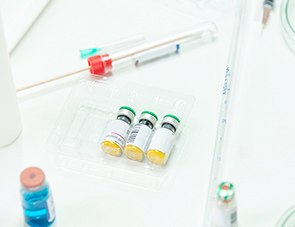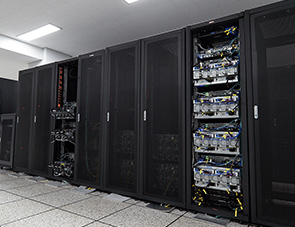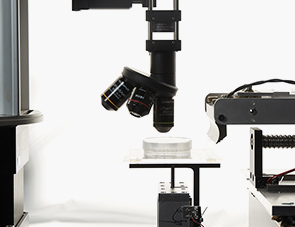The Department of Biomedical Engineering at UNIST fosters interdisciplinary and innovative research, with various research centers and clusters collaborating to build a strong foundation for a healthier and better future.
- Center for Human Data Science
- KOGIC
- Global R&D Center for Organ Mimetics
- Stem Cell Research Center
- IBS Center for Genomic Integrity
- Center for Cell to Cell Communication in the Cancer (C5) Center
- IBS Center for Soft and Living Matter
- UCRF
- UNFC
- UOBC
- IVRC
- Laboratory Safety Management
- UNIST Supercomputing Center
- Business Incubation Center
- Academy Industry Research Corporation (AIRC)
- Technology Commercialization Center


